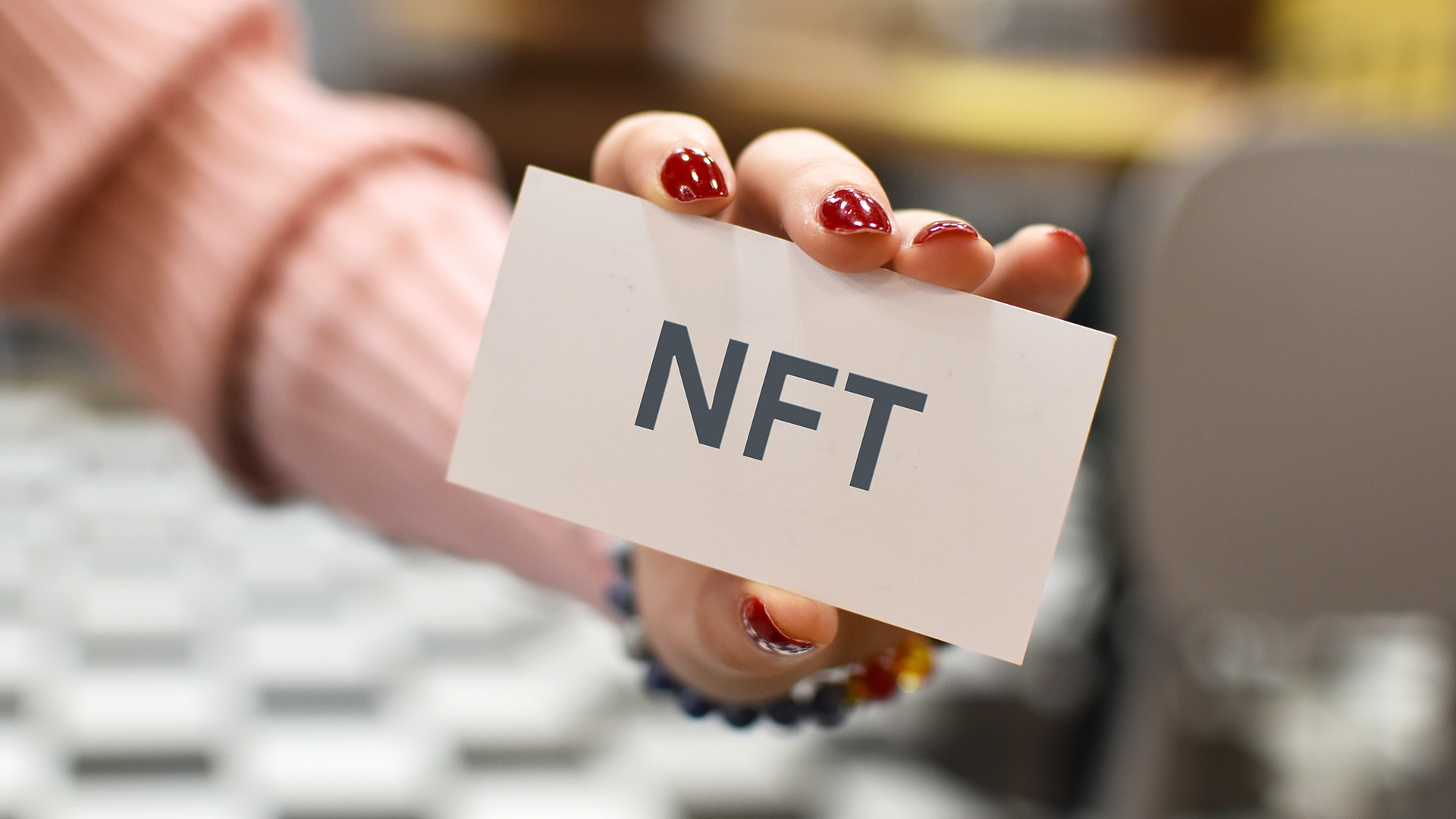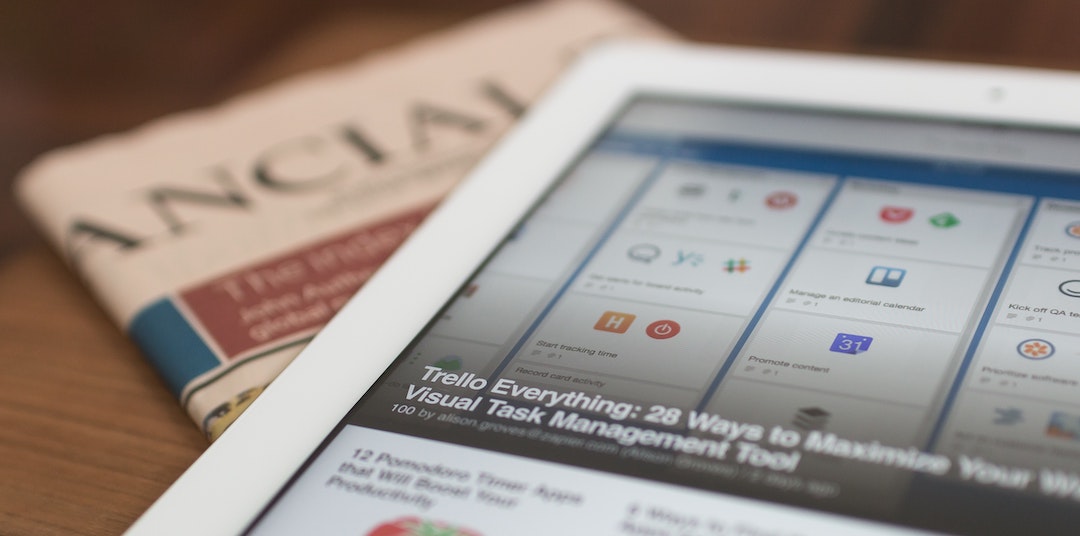 As someone who has worked in the sports business industry for almost 20 years, it is hard to resist hyperbole when explaining what the U.S. Supreme Court’s decision to lift the 1992 federal ban on sports gambling in the U.S., and turning the discretion over to individual states, means. Initial media coverage featured terms like “game changer,” “seismic,” “epic,” “landmark,” and “monumental,” and they are all accurate.
As someone who has worked in the sports business industry for almost 20 years, it is hard to resist hyperbole when explaining what the U.S. Supreme Court’s decision to lift the 1992 federal ban on sports gambling in the U.S., and turning the discretion over to individual states, means. Initial media coverage featured terms like “game changer,” “seismic,” “epic,” “landmark,” and “monumental,” and they are all accurate.
One term that probably shouldn’t be used, however, is “surprising.” While the Supreme Court focused on the Constitutional issue of the federal government dictating policy at the state level, the sentiment of the American public towards gambling on sports has evolved to be more open towards the activity. Per a study by the Washington Post and UMass-Lowell last year, 55 percent of Americans approve of legalized gambling on pro sporting events, the first time this sentiment has been in the majority.
Regardless of where you fall on the spectrum, the Supreme Court’s decision now brings a mammoth, multi-billion-dollar underground industry into the light where it can be regulated, marketed and taxed, resulting in an entirely new sector delivering robust revenue streams, significant job creation and myriad consumer engagement opportunities.
The last couple of years have seen daily fantasy sports (DFS), streaming and esports both disrupt and advance the sports business industry in the U.S., but the impact of the decision by the Supreme Court to legalize sports betting in the U.S. will be bigger than DFS, streaming and esports combined… by multiples.
The American Gaming Association, which supported the repeal of the federal ban, estimates that Americans illegally bet $150 billion on sports each year. How many consumers that figure represents is hard to determine, but, obviously, it’s a lot.
Sports fans are an incredibly passionate, engaged and invested demographic of consumers, and betting on sports raises the stakes for this audience in multiple ways. One need only look at the rise of fantasy sports and, in particular, daily fantasy, which came to prominence just a couple of years ago to see how legal sports betting can enhance fan engagement. Media studies have determined that fantasy sports increased interest in injury updates, weather reports and anything else perceived to provide an insight or edge in developing a successful roster or lineup. They also brought forward an audience of consumers who might not ordinarily watch games, but are interested in the performance of specific athletes. All of these factors are also analogous to gambling on sports.
It’s almost universally agreed upon that the appetite for sports consumption both online and on traditional television will now rise, as more “fans” establish a vested interest in tuning in to a game or event that might previously have had limited significance. More eyeballs result in leagues’ and teams’ ability to charge higher rights fees to broadcasters who can then increase advertising rates, combining to balloon the bottom lines for all involved.
From a sponsorship standpoint, gambling will be a top-five category, alongside auto, beverage, financial services, etc., almost immediately. In the near term, there will be an unprecedented demand for sponsorship inventory and it will push properties to find – or create – white space to sell, and rights holders to explore as many content opportunities as possible. As a result, leagues and teams will have to identify the right balance between fan appetite (or maybe tolerance) toward an inevitable marketing blitz and sports properties efforts to monetize the opportunity, while also navigating the sensitivities of those who, at least at the present, still do not support the behavior.
In Europe, sports betting has long-been legal, prevalent and highly commercialized. Per a recent audit of English soccer, more than 50 different gambling brands are associated with the sport, integrated into everything from jersey sponsorships to field board signage. A similar scenario is expected to play out here in the U.S., as betting entities will become major contributors to the sports industry from a revenue standpoint, akin to how DFS companies spent piles of money while engaged in a sponsorship and advertising arms race just a couple of years ago and, more recently, streaming services have been battling in the marketplace for consumer subscriptions and, in the process, driving up the value of OTT distribution of sports programming.
Meanwhile, other brands will leverage advertising and sponsorship opportunities associated with what will likely be an endless amount of content – broadcast and radio programs, podcasts, websites, etc. – dedicated to providing expert opinion and insights related to gambling on sports. In the interest of engaging this audience, I imagine leading media companies launching new broadcast channels running 24/7 content dedicated to sports gambling in a not too distant future.
Given the societal concerns related to gambling, there will also be the same type of responsibility campaigns we’ve become accustomed to seeing sports properties and alcohol brands run in conjunction with their partnerships to address some of the trepidation that certain segments of the populace still feel toward gambling.
The weeks and months ahead promise to be a very exciting and dynamic time as all of this plays out at state levels across the county. As sports in the U.S. continues to seek new ways to deepen engagement with fans, legalized betting will serve as not only a catalyst to achieve that goal, but will also fuel the growth across the entire ecosystem – leagues, teams, rights holders – of an industry that is interwoven into the fabric of American society.
Years from now, when gambling has become an inherent – and integral – part of the U.S. sports experience, we’ll look back at this moment in time as the week when it all started.



